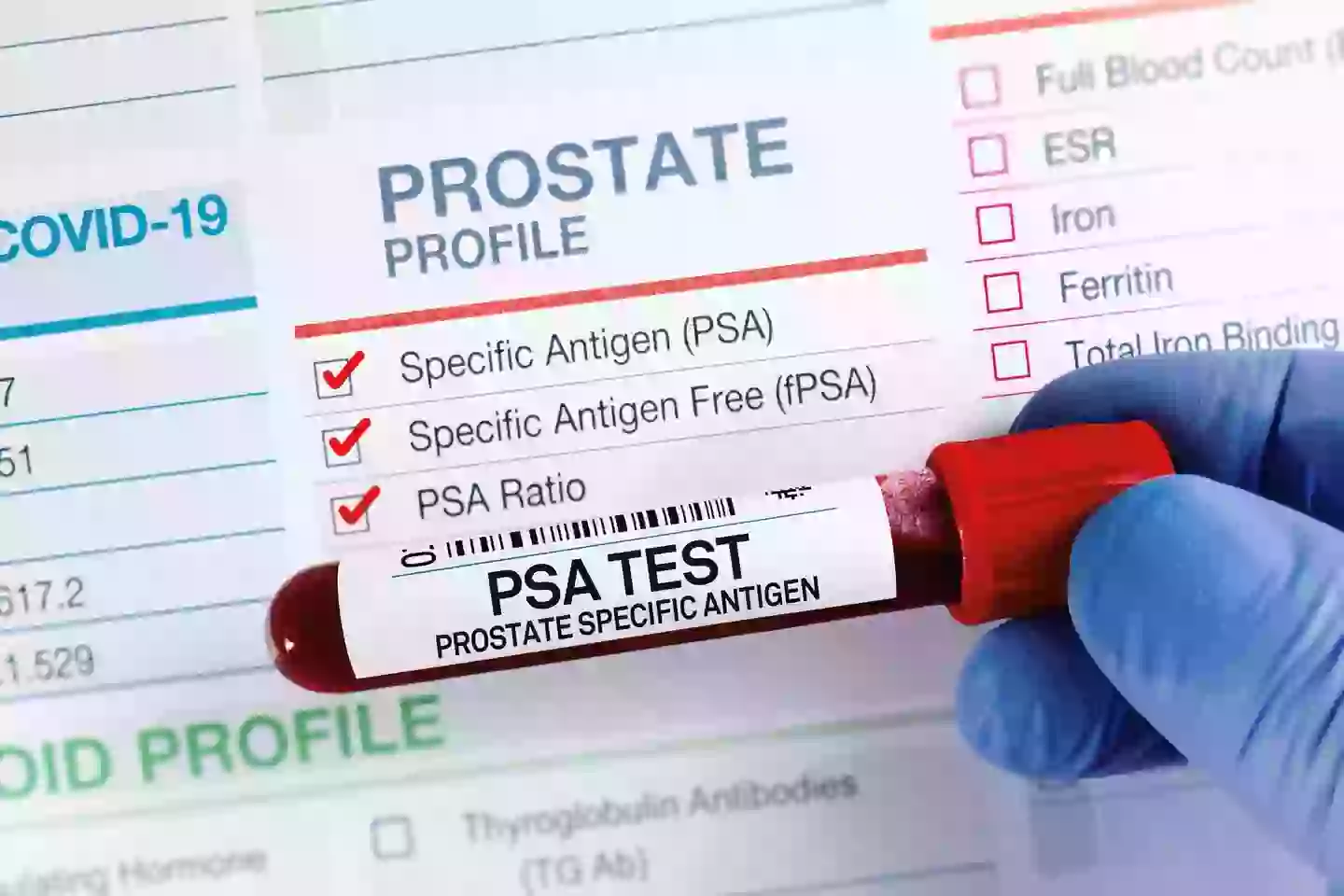Recent studies reveal that men engaging in a specific common behavior have a 45 percent higher risk of developing prostate cancer.
The American Cancer Society reports that approximately one in eight men will face a prostate cancer diagnosis in their lifetime, making it the second most deadly cancer for men after lung cancer.
While the disease is fatal for about one in 44 men, many who are diagnosed survive.
However, specialists are now cautioning that certain actions can elevate the risk for men.

Health experts emphasize that the failure to attend regular prostate cancer screenings increases the likelihood of a fatal outcome by 45 percent.
Nationally implemented screenings, particularly those assessing prostate-specific antigen (PSA) levels in the blood, could facilitate early detection and treatment of prostate cancer.
Data from the European Randomised Study of Screening for Prostate Cancer (ERSPC), spanning seven European countries over two decades, supports that early detection through PSA screenings can enhance the chance of cure and mitigate expensive treatments.
The findings consistently demonstrate that PSA screenings can cut the risk of prostate cancer mortality by 20 percent.

The past 20 years of research indicate a correlation between decreasing participation in prostate screenings and an increased mortality risk from the disease.
This highlights the severe impact of neglecting such screenings.
The analysis, conducted by scientists at the Erasmus MC Cancer Institute at the University Medical Centre in the Netherlands, involved 72,460 participants.
Approximately one in six was identified as a non-attender, having missed every screening appointment.
These individuals faced a 45 percent higher risk of prostate cancer-related death compared to those who attended their screenings.

Conversely, attendees experienced a 23 percent reduction in mortality risk, whereas non-attenders incurred a 39 percent increase.
Study lead, Renée Leenen, M.D., Ph.D., from the Netherlands cancer institute, explained: “It may be that men who opted not to attend a screening appointment are care avoiders – meaning they’re less likely to engage in healthy behaviors and preventative care in general.”
She added: “This is the opposite behavior of people who are perhaps more health-conscious and are more likely to attend a screening appointment.”
Dr Leenen also noted the importance of healthcare providers understanding the reasons behind men’s decisions to skip appointments.
“This will help us to design population-based prostate cancer screening programmes that encourage higher rates of informed participation. Tackling attendance rates in this way could be a big factor in the long-term success of a national prostate screening programme,” she said.
The study’s results are set to be discussed at the European Association of Urology (EAU) Congress in Madrid, Spain.
If you’re seeking support or guidance on these matters, reach out to the American Cancer Society at 1-800-227-2345 or through their 24/7 live chat service.

